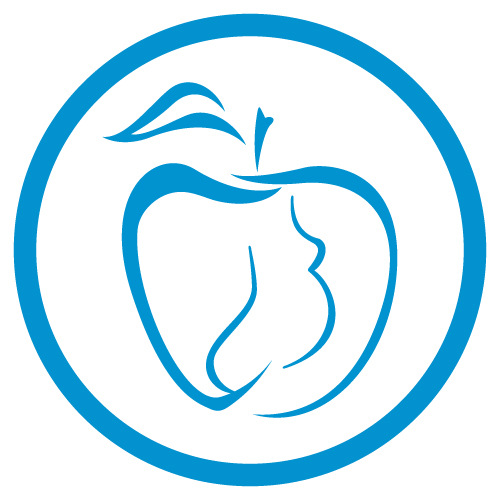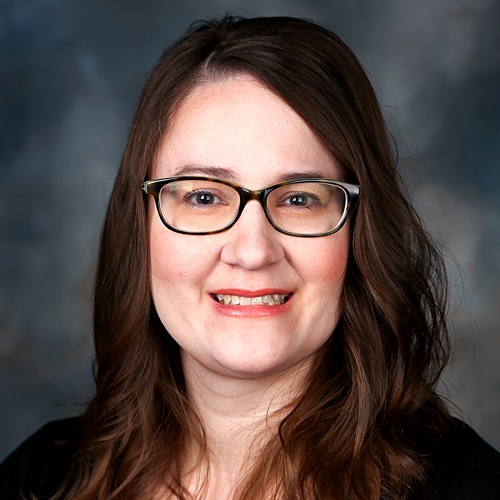 IBCLC Detailed Content Outline: Development and Nutrition Focused CERPs - Section I
IBCLC Detailed Content Outline: Development and Nutrition Focused CERPs - Section I
Access CERPs on Development and Nutrition for the IBCLC Detailed Content Outline recertification requirements. Enjoy convenient on-demand viewing of the latest Development and Nutrition focused IBCLC CERPs at your own pace.


Divya Sinha Parikh MD, IBCLC, FAAP is a board certified pediatrician practicing in Columbus, OH. She received her medical training at The University of Pittsburgh School of Medicine and completed her residency in general pediatrics at Rainbow Babies and Children’s Hospital at Case Western Reserve University. During residency, she created a breastfeeding medicine clinical rotation.
Within her practice, she has extensive experience managing lactation concerns and has taken a special interest in mentoring current and aspiring breastfeeding providers. She has presented her work at local and national meetings.
Rachel Walker received her master’s degree in exercise science and wellness from Old Dominion University and a PhD in nutritional sciences from Penn State University. Her PhD work focused on lipid metabolism and insulin resistance. She has over 3 years of experience teaching both nutrition and exercise science courses.
In 2020, she was selected for a research fellowship from the United States Department of Agriculture for her study, ‘The Role of Metabolic Health and Lipid Metabolism in Human Lactation and Milk Composition’. Her current research is focused on the effects of insulin resistance during pregnancy and lactation, especially with the goal of developing therapies to improve lactation.
She has presented her research at numerous national meetings. Rachel’s proudest achievement is becoming Mommy to her 3 children, Clark, Lee, and Nora.
The fat content of breastmilk is remarkably important for infant health outcomes. Therefore, it is important to understand what factors affect breastmilk fat profile. Total fat is the main determinant of energy in breastmilk, and varies with time of day, length of lactation, and duration of the feed. Maternal factors also influence milk fat, including BMI, parity, and diabetes. Long-chain polyunsaturated fatty acids, like docosahexaenoic acid and arachidonic acid, are vital to the structure and development of the infant brain, and attaining the correct balance is important for optimal development. Breastmilk fatty acid concentration, especially the polyunsaturated fatty acids docosahexaenoic acid and arachidonic acid, are vital to infant brain development. Fatty acid concentrations primarily depend on diet and vary significantly between populations, but other maternal factors can also affect the fatty acid content of breastmilk.
Breastmilk fat content has significant implications for clinical practice. First, it is necessary to optimize clinical methods for human milk fat measurement, such as bedside human milk analyzers. Second, understanding milk fat variation will help optimize breastmilk fortification for infants in neonatal intensive care units. Finally, variability in donor milk also makes estimation of fat and energy in milk banks difficult, with important clinical implications for preterm infants who cannot receive mother’s own milk.

View Details / Enroll

Bridging the Gap: Case Studies in Community Based Lactation Care

Shonte' Terhune-Smith is an International Board Certified Lactation Consultant, postpartum doula and health educator. Over the past 10 years, she has worked diligently in Genesee County to increase breastfeeding rates. She has worked for WIC, in the hospital as a lactation intern and at various pediatric and obstetrician clinics, promoting and educating women about breastfeeding. Normalizing breastfeeding is her passion. Shonte' is the owner of, You Overcoming Lactation Obstacles (YOLO). She empowers and provides timely, culturally competent, evidence-based breastfeeding support and services to Genesee County families and surrounding areas. Shonte' understands that breastfeeding works better when the mother has a village of support to overcome the barriers families face. She is also co-founder of Southeast Michigan IBCLC's of Color.
While breastfeeding initiation rates have increased over the years, there continues to be disparities in duration rates, specifically amongst black and brown families. After families are discharged from the hospital, there is a gap in connecting with equitable outpatient resources. Follow-up appointments after hospital discharge may be days or sometimes weeks away and in that time, difficulties with latching, engorgement, weight loss, and other issues, can spiral out of control. This presentation will demonstrate how these gaps can be bridged with referrals and partnerships with hospitals and providers, with case studies that show how they can positively impact breastfeeding outcomes.

View Details / Enroll


Theresa Nesbitt, RN MD ("Dr. Theresa") is an Obstetrician-Gynecologist with special training in Maternal Fetal Medicine. Her interests these days lie in promoting lifelong wellness for women with a focus on nutrition, reproductive health and breastfeeding. She is the Director of Family Health Coaching, editor of Babies and Breastfeeding Magazine and author of Evolutionary Eating: How We Got Fat and 7 Simple Fixes. She anticipates publication of her newest book Building a Baby Brain Bite by Bite - How to Eat Before, During and After Pregnancy next year. Her interest in brain growth and development, nutrition and developmental kinesiology have helped her to look at placentation, lactation and nutrition for reproductive fitness through a new lens.
Topic: Building a Baby Bite by Bite - [View Abstract]
What does it take to build a baby brain from scratch? This presentation focuses on fertility, pregnancy, placentation and lactation - and the role nutrients and toxins play in optimizing fetal brain growth and development. Facts and Fictions including prenatal vitamins, omega 3 fatty acids and "avoidance foods" will be discussed.
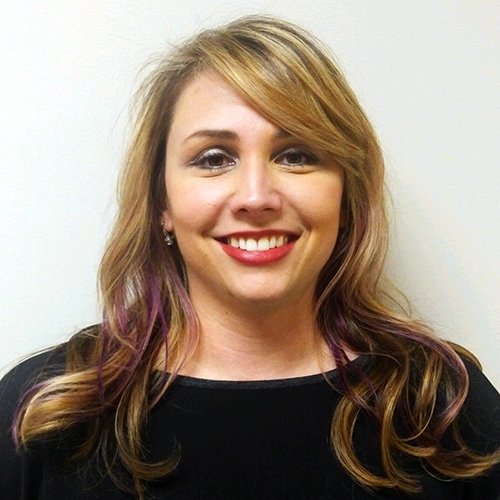
Building a Successful Breastfeeding Program in the NICU: Challenges and Practical Solutions

Amber Valentine is a Speech-Language Pathologist who graduated from the University of Kentucky with her MS in Communication Disorders. She is a Board Certified Specialist in Swallowing and Swallowing Disorders and an International Board Certified Lactation Consultant, as well as a Certified Neonatal Therapist (CNT). She worked for Baptist Health Systems, Inc for 8 years before moving to Florida where she worked for Wolfsons Children’s Hospital and Mayo Florida. She is now back in Kentucky working for Baptist Health Lexington. She has experience in adults and pediatrics with feeding and swallowing difficulties including: bedside swallow evaluations, Modified Barium Swallow studies, FEES, and pediatric feeding evaluations including NICU. She has experience with head and neck cancer patient including evaluation and treatment of swallowing difficulties, PMV use, and voice after total laryngectomy including TEP. She has provided guest lectures for the University of Kentucky, Eastern Kentucky University, and the University of Louisville on feeding and swallowing topics. She has presented at the hospital, local, state, national, and international levels on pediatric feeding/swallowing and breastfeeding.
Topic: Breastfeeding Medically Complex Infants in the Neonatal ICU - [View Abstract]
Topic: Building a Successful Breastfeeding Program in the NICU: Challenges and Practical Solutions - [View Abstract]

View Details / Enroll
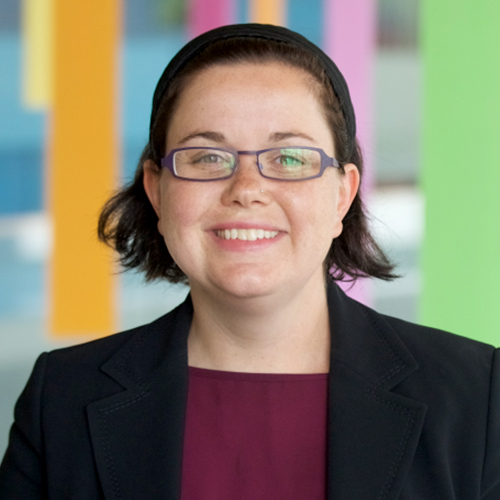
Building Bridges: Early IBCLC Recognition and Triage of Common and Life-Threatening Newborn and Maternal Pathology

Topic: How Low Is Too Low? Managing Newborn Hypoglycemia - [View Abstract]
IBCLCs, often with limited education in newborn medicine and obstetrics, care for the infant-parent dyad within the context of a complex healthcare system staffed by providers with variant training in breastfeeding medicine. This is an interaction filled with knowledge gaps and fraught with the possibility for misunderstanding and dangerously missed diagnoses. I plan to combine my training in general pediatrics and my clinical experience as a pediatric ER physician with my IBCLC training. I will teach conference participants about medical emergencies when caring for the breastfeeding newborn and the post-partum parent so that they can recognize clinical scenarios presenting to their care that require immediate medical assessment. The presentation will focus on high-yield topics in newborn medicine and postpartum obstetrics to deepen the IBCLCs recognition and ensure appropriate ongoing care for common and life-threatening complaints. It will include a discussion of neonatal jaundice, neonatal fever, severe weight loss, pyloric stenosis, congenital birth defects and genetic disorders; the lecture will also address postpartum depression, post-operative infections, and postpartum preeclampsia. Armed with this understanding of clinical red flags, IBCLCs will be empowered to better care for their breastfeeding patients, while also understanding when immediate medical assessment is imperative.
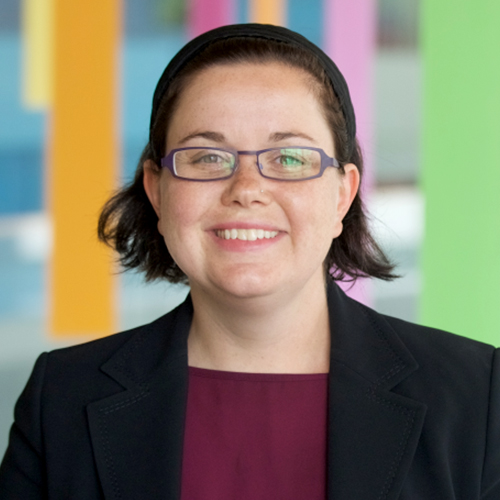
View Details / Enroll
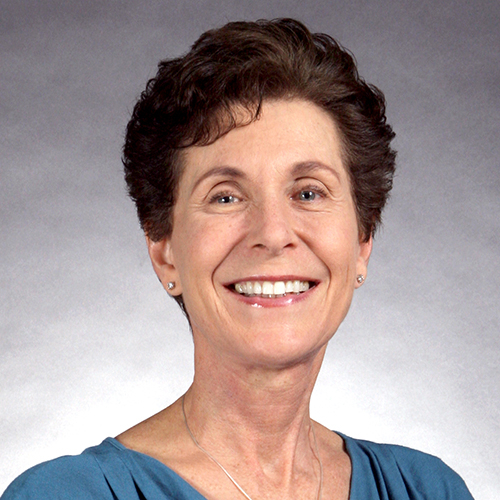
Building Strong Bonds: The Neurobiology of Parent-Infant Attachment in the NICU

After raising three children as a stay-at-home mother, Dr. Phillips received a master’s degree in Developmental Psychology with a focus on mother-infant attachment, became NIDCAP certified as a Preterm Infant Developmental Specialist, and then attended medical school at University of California, Davis. She completed her pediatric residency and neonatology fellowship at Loma Linda University Children's Hospital in S. California and is an attending neonatologist in the Level 4 NICU at the same hospital. She is an Associate Professor of Pediatrics/Neonatology at Loma Linda University School of Medicine and is Pediatric Department Chair and Medical Director of Neonatal Services at Loma Linda University Medical Center-Murrieta. Dr. Phillips is an International Board-Certified Lactation Consultant, a Fellow of the Academy of Breastfeeding Medicine, and a past president of the National Perinatal Association (NPA). She is currently President of the Association for Prenatal and Perinatal Psychology and Health (APPPAH), a global non-profit organization with a mission to support healthy infant-parent relationships before and after birth. Her passion is to honor and nurture the earliest connections between babies and their parents.
Developing secure bonds of attachment is a major developmental task for all human babies, a process that is considered to be foundational for future mental health and even physical wellbeing. The mechanism for doing so is called “nurturing,” and a growing body of evidence supports the impact of nurturing on physiologic stability, co-regulation and growth, as well as brain development and ongoing physical and emotional health. The first bond of attachment is between mother and baby and begins before birth. Separation of mothers and babies always causes stress and interrupts the bonding and attachment process. When temporary separation is necessary in the NICU, there are ways we can support mothers and babies to help minimize the detrimental effects of separation and to promote healing. This presentation will describe the neuroscience behind parent-infant bonding and attachment and the neurobiology of skin-to-skin contact as a modality for nurturing babies. We will describe ways to communicate with NICU babies in a manner that enhances bonding and attachment and promotes the development of trust as well as enhances brain and language development. We will discuss ways to support babies, mothers, families, and staff in promoting bonding and attachment in the NICU.
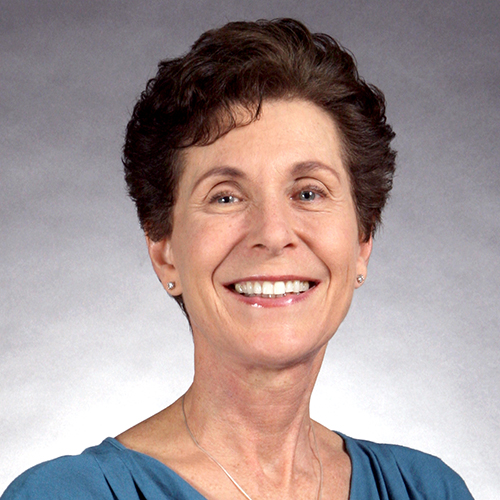
View Details / Enroll
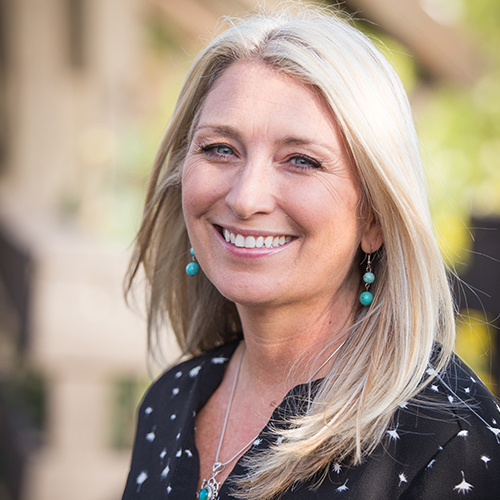
Can a Baby Be Allergic to Breastmilk?: Sensitivities, Allergies, Galactosemia, and Lactose Intolerance

Laurel Wilson, IBCLC, CLE, CCCE, CLD is a TEDx and international speaker, author, pregnancy and lactation expert, and consultant. She served as the Executive Director of Lactation Programs for CAPPA, the Childbirth and Postpartum Professional Association for 16 years and now is on the Senior Advisor Board. She served on the Board of Directors for the United States Breastfeeding Committee from 2016-2019. She also is on the Advisory Board for InJoy Health. She owns MotherJourney, focusing on training perinatal professionals on integrative and holistic information regarding pregnancy, childbirth, and breastfeeding. She has her degree in Maternal Child Health: Lactation Consulting and is an internationally board certified lactation consultant. As the co-author of two books, The Attachment Pregnancy and The Greatest Pregnancy Ever, original Editor of the CAPPA Lactation Educator Manual, and contributing author to Round the Circle: Doulas Talk About Themselves, she loves to blend today’s recent scientific findings with the mind/body/spirit wisdom. Laurel has been joyfully married to her husband for nearly three decades and has two wonderful grown sons, whose difficult births led her on a path towards helping emerging families create positive experiences. She believes that the journey into parenthood is a life-changing rite of passage that should be deeply honored and celebrated.
Topic: Epigenetics and Breastfeeding: The Potential Longterm Impact of Breastmilk - [View Abstract]
Topic: Hold the Phone! Diet Does Matter During Breastfeeding: Implication of Diet on Fatty Acid Composition and Other Nutrients - [View Abstract]
Topic: Postpartum Mood Disorders, Breastfeeding and the Epigenetic Links from Past Into Future - [View Abstract]
Topic: Talk To Me: How Breastmilk Acts as a Communication and Gene Expression Tool Between Mother and Child - [View Abstract]
Topic: The Milk Sharing Conundrum - The Grey Area Between Scope and Need - [View Abstract]
Topic: The Placenta and Breastmilk-Unraveling the Mysterious World of the Intelligent Organs that Protect our Babies - [View Abstract]
Topic: Understanding Zika and Lyme and Breastfeeding - [View Abstract]
Topic: Unraveling the Mysteries of Human Milk: The Fascinating Role of Neohormones, Epigenetics, the Microbiome and More! - [View Abstract]
Lactation professionals often hear from their clients that their breastfed babies have been diagnosed as lactose intolerance. This lack of understanding regarding types of lactose intolerance and potential issues with breastfeeding involving the newborn gut often lead to a cessation of breastfeeding. This session will cover the three main types of lactose intolerance, as well as galactosemia. Maternal gut damage and protein sensitivity and how that can impact the breastfed baby will also be addressed. Attendees will also learn about the most common foods that cause food sensitivity and allergy and what referrals are best made with these issues.
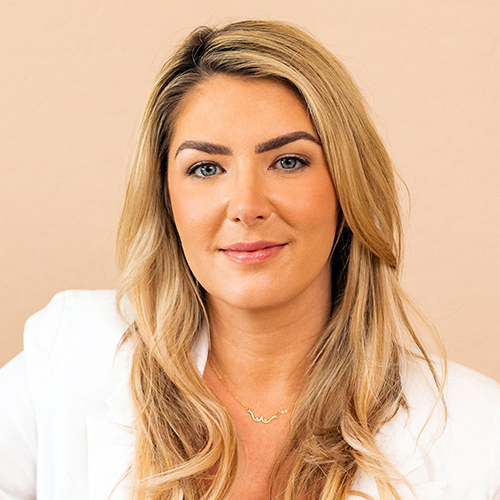

Jacqueline Kincer is the founder of Holistic Lactation where she runs a busy practice, manufacturers herbal supplements for lactation, and supports breastfeeding families worldwide. She's also the host of the podcast Breastfeeding Talk: Milk. Mindset. Motherhood. and creator of the online breastfeeding community, The Nurture Collective. Jacqueline's passion has been to create functional breastfeeding outcomes and expand access to lactation knowledge across the globe.
Topic: Inside the Infant Mouth: Oral Assessment & Function - [View Abstract]
Topic: Tongue Tied Untied: Creating Functional Breastfeeding Outcomes - [View Abstract]
Developing a step-by-step care plan is arguably the most important part of patient care. Without it, necessary treatments may be neglected. As lactation providers, it is our role to set proper expectations for our clients, as well as measure clinical improvement and patient outcomes. When working with infants that struggle with sucking or other oral function issues, there is a process and a timeline we can put together that will guide the care we are giving. In this presentation you will learn how to provide guidance to your clients as you help them work through their infant’s oral function challenges.

View Details / Enroll
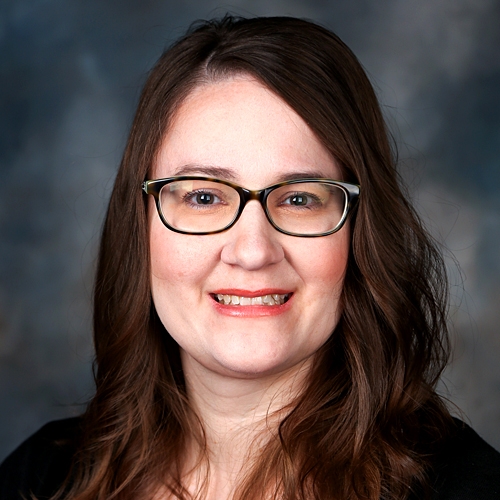

M. Petrea Cober, PharmD, BCNSP, BCPPS, attended the University of Tennessee, College of Pharmacy in Memphis, Tennessee. She completed her PGY1 Pharmacy Residency at Penn State Milton S. Hershey Medical Center in Hershey, Pennsylvania, and her PGY2 Pharmacy Residency in Pediatrics at the University of Michigan Hospitals and Health System in Ann Arbor, Michigan. She is currently the Clinical Coordinator - Neonatal Intensive Care Unit and PGY1 Residency Program Director at Akron Children's Hospital where she provides clinical services and precepts pharmacy students, PGY1 pharmacy residents, and PGY3 medical pediatric residents. She is also the Section Lead for Specialty Care and an Associate Professor in the Department of Pharmacy Practice at Northeast Ohio Medical University (NEOMED). Her didactic teaching is in the areas of pediatrics, women’s health, and nutrition. Dr. Cober's expertise is in pediatric pharmacotherapy, nutrition, ethanol lock therapy, and management of patients with intestinal failure. She is active in local, state, and national pharmacy organizations.
Critically ill neonates and infants are often unable to maintain adequate nutrition through the enteral route and require parenteral nutrition. Due to their increased nutritional needs, small size, and limited overall fluid intake, neonatal/infant parenteral nutrition requires specialized knowledge of stability and compatibility of parenteral nutrition macronutrients and micronutrients. Special attention will be given to issues involving protein requirements, glucose infuse rates, provision of lipid injectable emulsions utilizing newer products, calcium and phosphate compatibility, and challenges with limited intravenous access.

View Details / Enroll


Jim Thigpen has been a pediatric clinical pharmacist for 30 years and is currently an associate professor of pharmacy at East Tennessee State University Bill Gatton College of Pharmacy. When he began his training at MUSC in Charleston, SC, they were investigating Survanta and he has been witness to and a participant in the evolving world of neonatology since. He has spoken at several neonatal nursing conferences over the years and enjoys helping other practitioners learn about and apply pharmacotherapy in this special population.
Topic: Clinical Pain Management in the Neonate - [View Abstract]
Topic: Pharmacotherapy for Hemodynamic Instability in Neonates - [View Abstract]
When faced with a potential neonatal infection, it is critical to choose the correct antibiotic(s) for the situation. Considering the environment of antibiotic resistance and some of the limitations for antibiotic use in this fragile population, selecting the right drug, dose, interval and monitoring parameters can be life and death decisions. This presentation will help the learner understand the complexities of this problem and provide them with the tools to provide state-of-the-art medical care.





